Showing 613–624 of 632 results
-
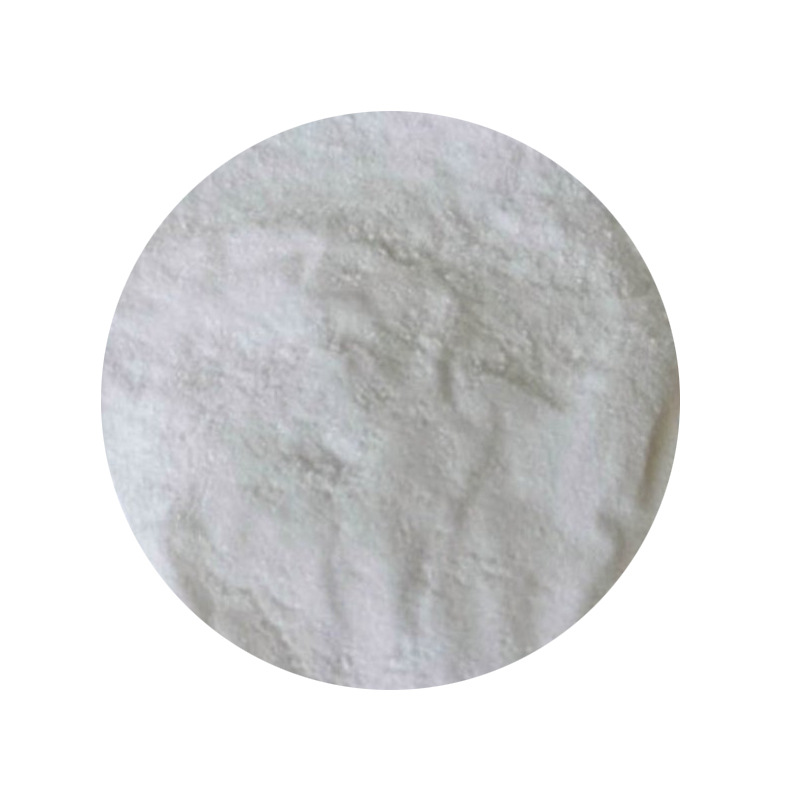
- High Optical Transmittance: Effective transmission in the visible and infrared spectrums (0.4–12 µm).
- Thermal Stability: Can withstand high temperatures without degrading its properties.
- Mechanical Durability: Exhibits good mechanical strength and hardness, making it suitable for demanding applications.
- Chemical Resistance: Resistant to moisture and many chemicals, enhancing its reliability in various environments.
- Wide Applications: Suitable for a range of applications including infrared optics and lighting devices.
-
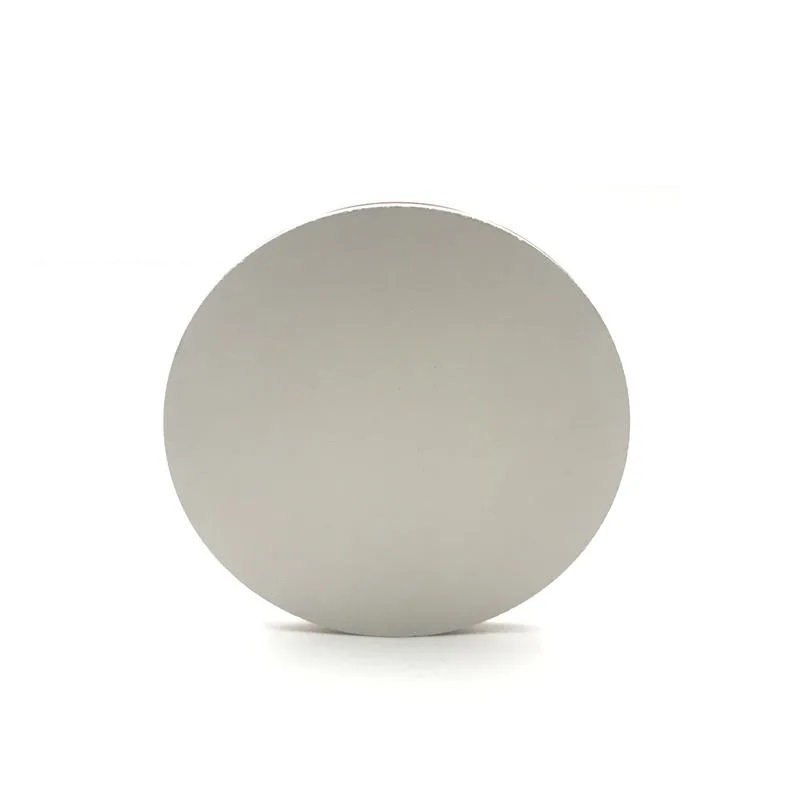
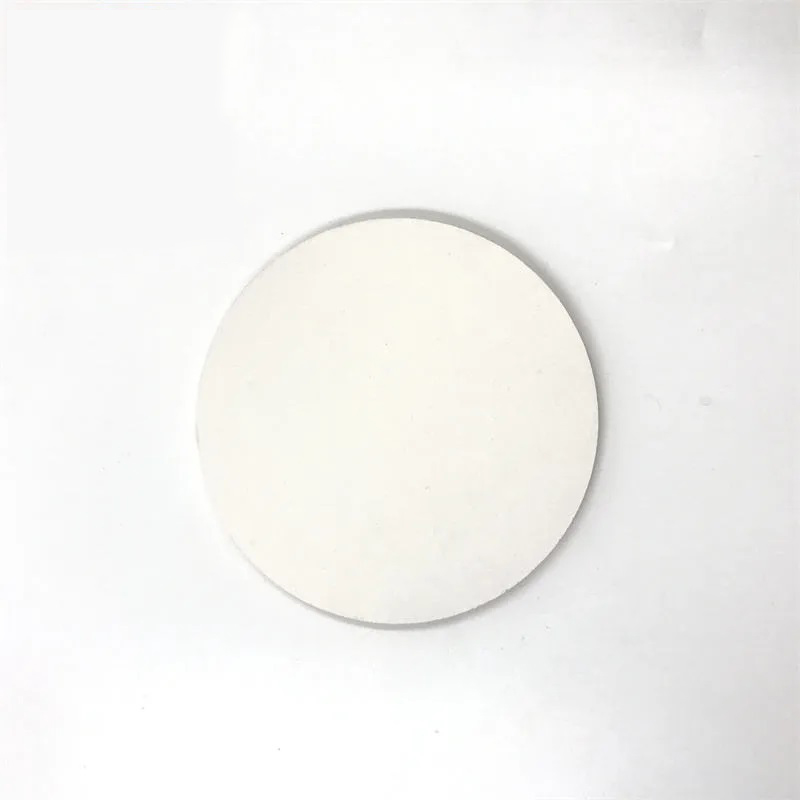
- Broad Transmission Range: ZnS exhibits excellent transmission in the visible, near-infrared (NIR), and mid-infrared (MWIR) regions, making it suitable for a wide range of optical applications.
- High Refractive Index: ZnS has a high refractive index, which is beneficial for designing optical coatings with precise reflection and transmission properties.
- Chemical and Thermal Stability: ZnS thin films are chemically stable and exhibit good thermal resistance, making them suitable for use in high-temperature and chemically aggressive environments.
- Infrared Transparency: ZnS is known for its excellent transparency in the infrared spectrum, especially in thermal imaging systems, laser optics, and other IR-related devices.
-
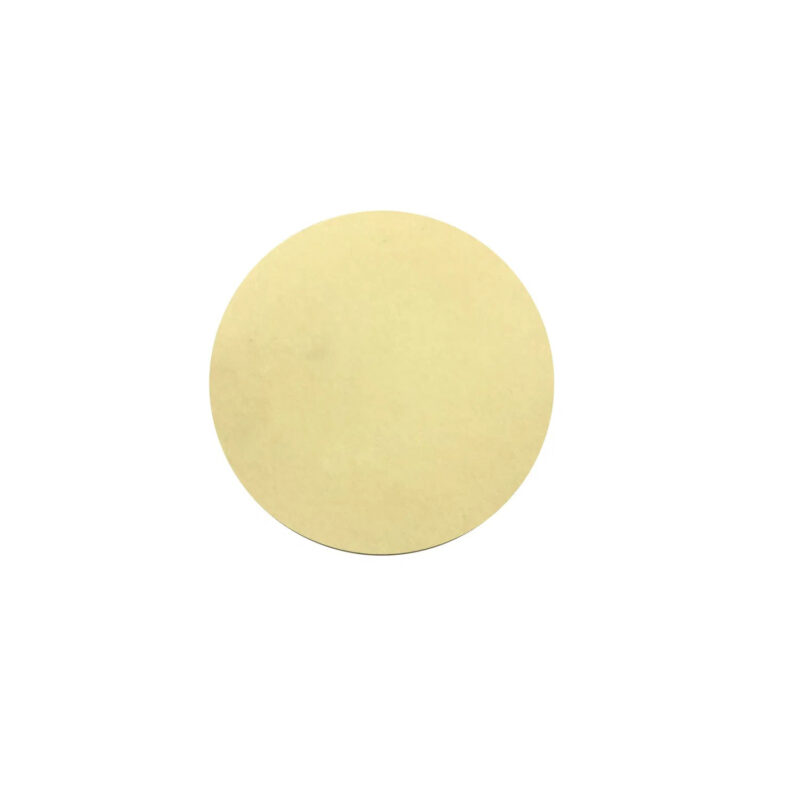
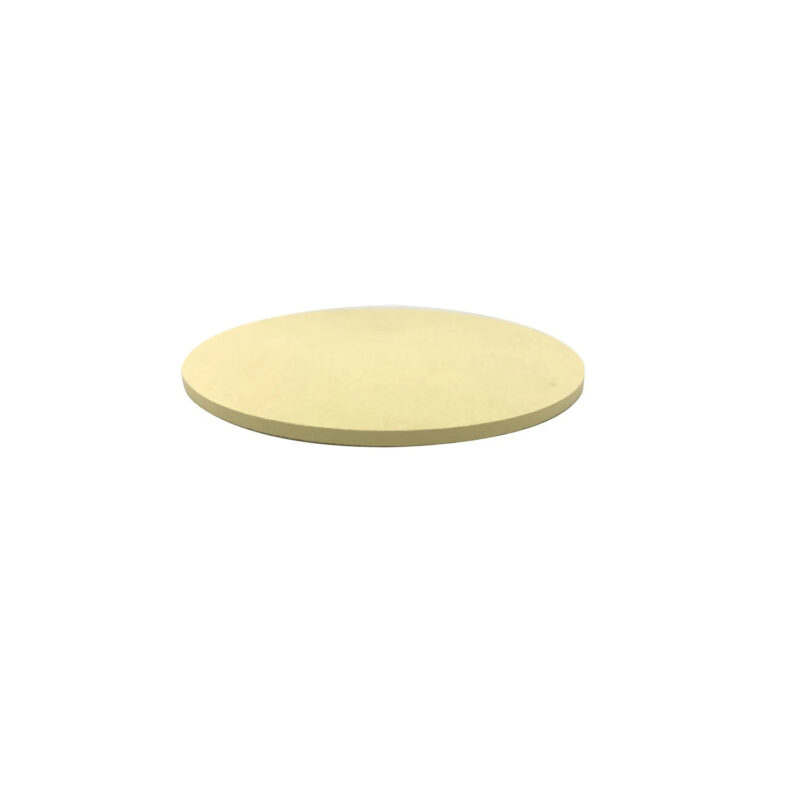
- Broad Optical Transmission: ZnSe offers high transmission from the visible to the IR range (0.6 µm to 16 µm), making it ideal for infrared optics and laser systems.
- High Laser Damage Threshold: ZnSe can withstand high-power laser radiation, making it a preferred material for CO₂ laser optics and other high-energy laser applications.
- Chemical and Thermal Stability: ZnSe is chemically stable and has good thermal shock resistance, ensuring reliable performance in challenging environments, such as thermal imaging and industrial laser systems.
- High Purity and Low Absorption: ZnSe sputtering targets are available in high purity (up to 99.999%), ensuring minimal absorption and optimal performance in optical coatings and laser optics.
-
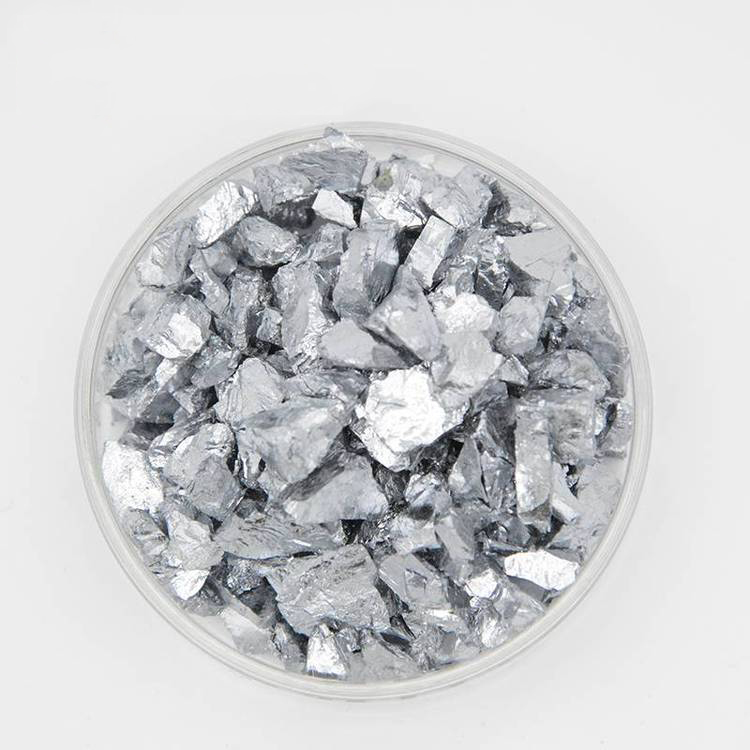
- High purity (≥99.99%).
- Direct bandgap for superior optoelectronic performance.
- Excellent optical transparency in visible to infrared spectra.
- Uniform pellet size for consistent deposition results.
- Customizable pellet sizes and packaging for specific applications.
-
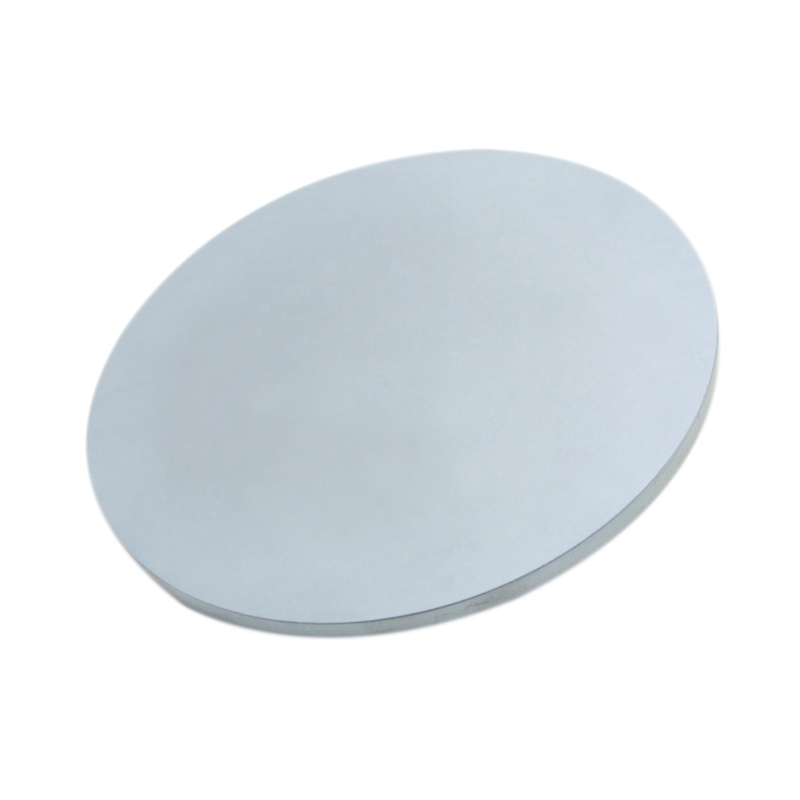
- Optoelectronic Properties: ZnTe is highly valued for its ability to efficiently emit light, making it a key material in optoelectronics and LEDs.
- High Purity: Available in various purity levels (99.9%, 99.99%, and higher) to ensure high-quality thin films.
- Thermal Stability: ZnTe maintains its properties under high-temperature conditions, making it suitable for high-performance applications.
- Customizable Sizes: Available in different diameters and thicknesses for a wide range of sputtering systems.
- Wide Application Range: Ideal for use in numerous industries, including renewable energy, communications, and infrared sensing.
-
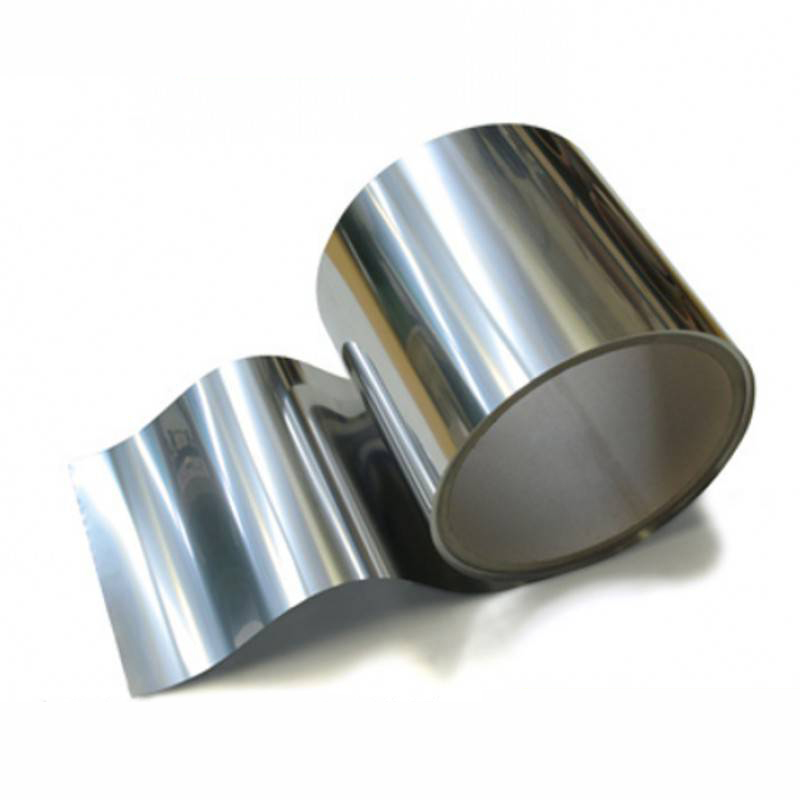
- High Melting Point: Zirconium foil has a melting point of approximately 1855°C, making it ideal for high-temperature applications.
- Corrosion Resistance: Exceptional resistance to corrosion, particularly in acids, alkalis, and saltwater environments, making it highly durable in harsh conditions.
- Low Neutron Absorption: Ideal for use in nuclear reactors as it exhibits low neutron absorption, contributing to its application in nuclear fuel cladding.
- Thermal Stability: Maintains structural integrity even under extreme temperature conditions, making it suitable for use in high-heat environments.
- Malleability: The material is highly malleable, allowing it to be formed into thin sheets, foils, and complex shapes without compromising its performance.
- Lightweight and Strong: Zirconium foil offers a balance of low density and high strength, making it suitable for applications where both strength and lightness are required.
- Biocompatibility: Non-toxic and biocompatible, making it suitable for use in medical and pharmaceutical applications.
-
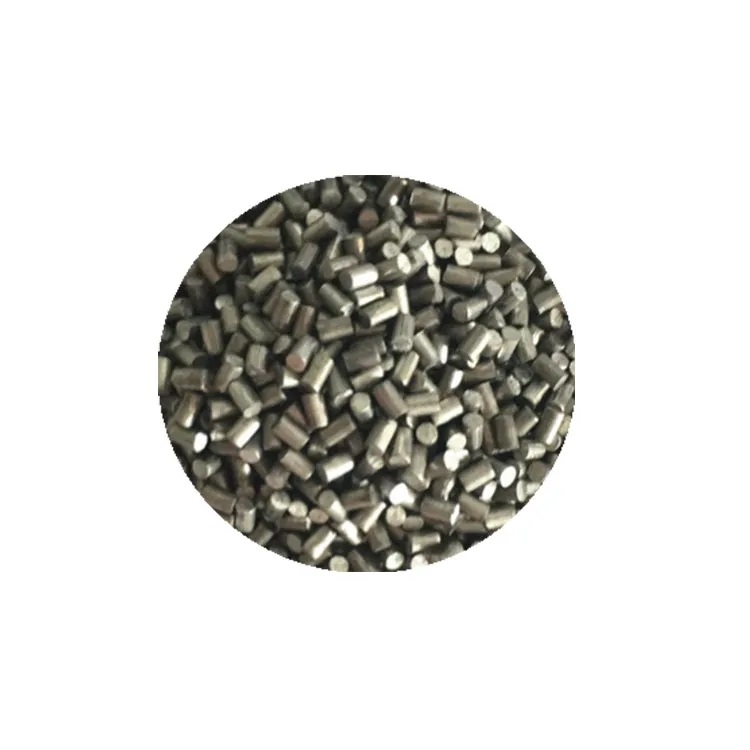
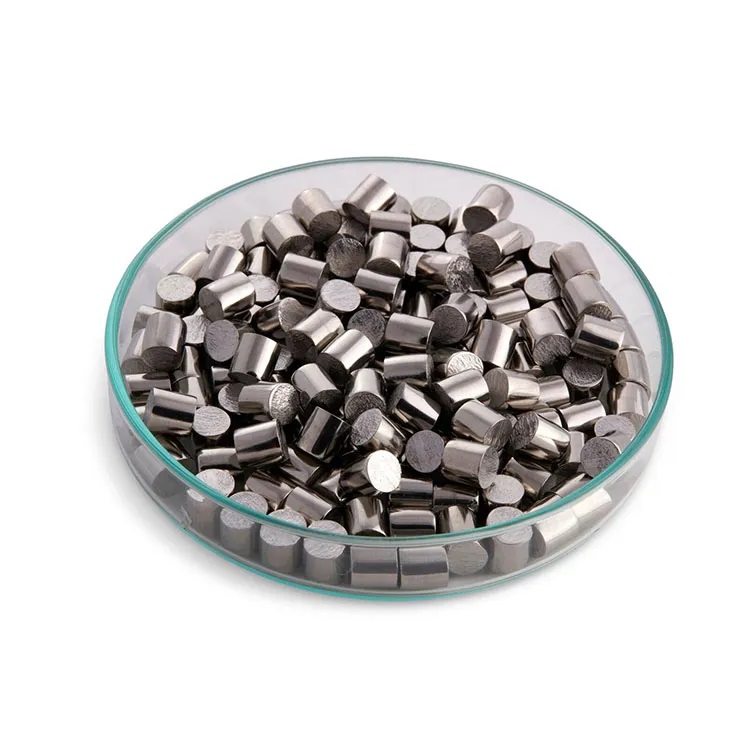
- High Purity: Zirconium pellets are available in high purity, typically ≥ 99.9%, ensuring reliable thin film deposition.
- Corrosion Resistance: Excellent resistance to corrosion, particularly in aggressive chemical environments.
- Thermal Stability: Zirconium’s high melting point (1,855°C) makes it suitable for high-temperature applications.
- Oxidation Resistance: Forms a stable oxide layer, improving the durability of films in reactive environments.
-
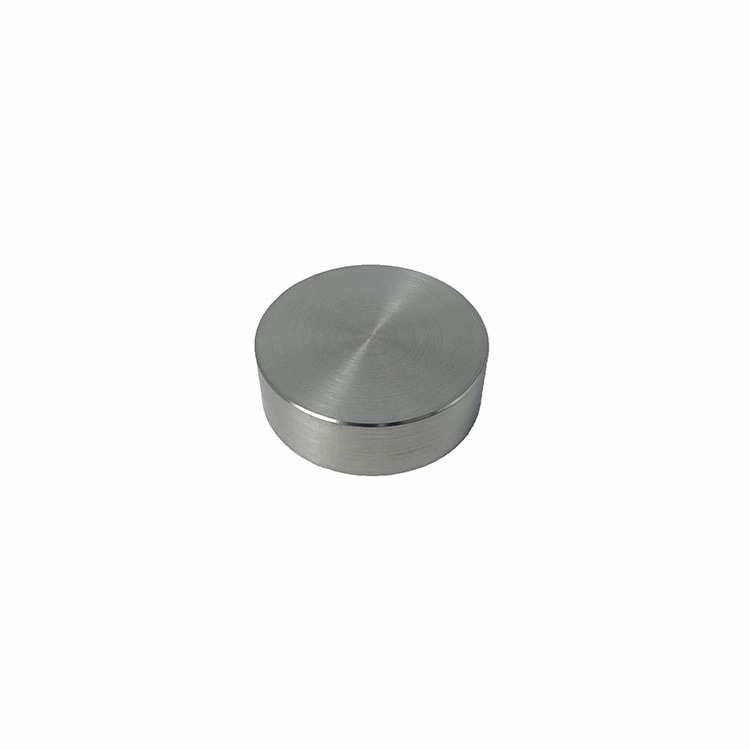
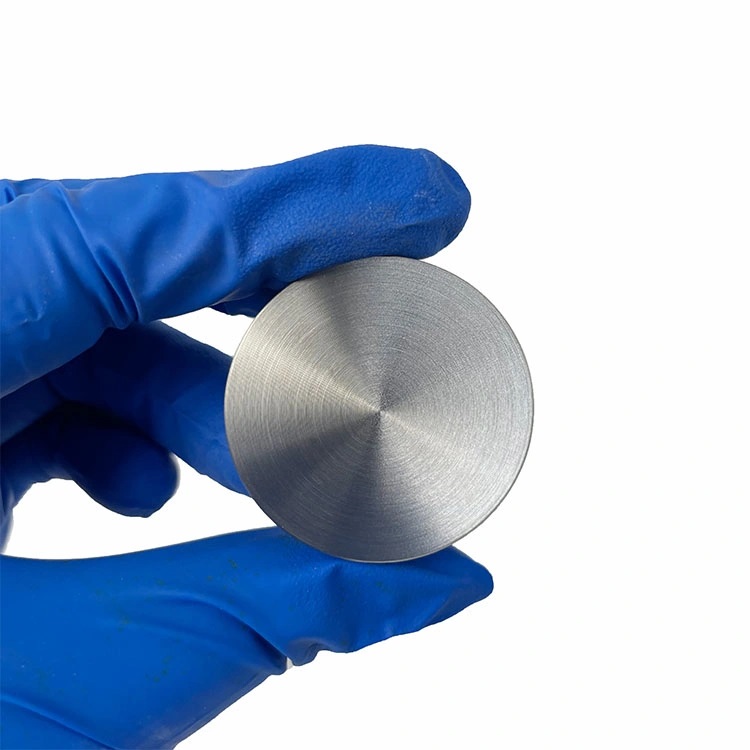
Zirconium sputtering targets are critical for industries that require materials with exceptional corrosion resistance, high-temperature stability, and biocompatibility, making them indispensable in electronics, aerospace, nuclear, and medical applications.
-
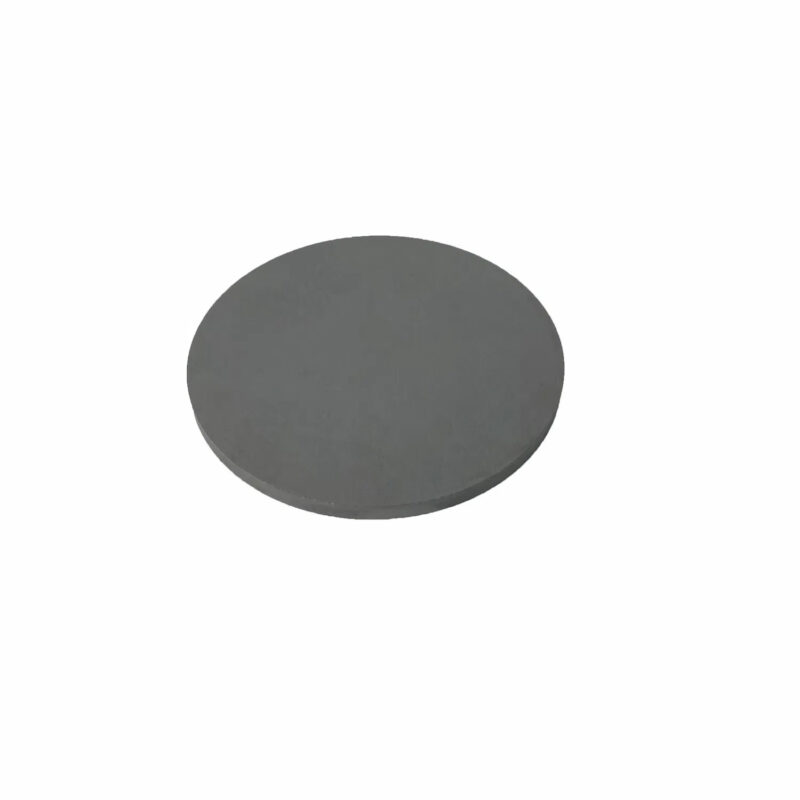
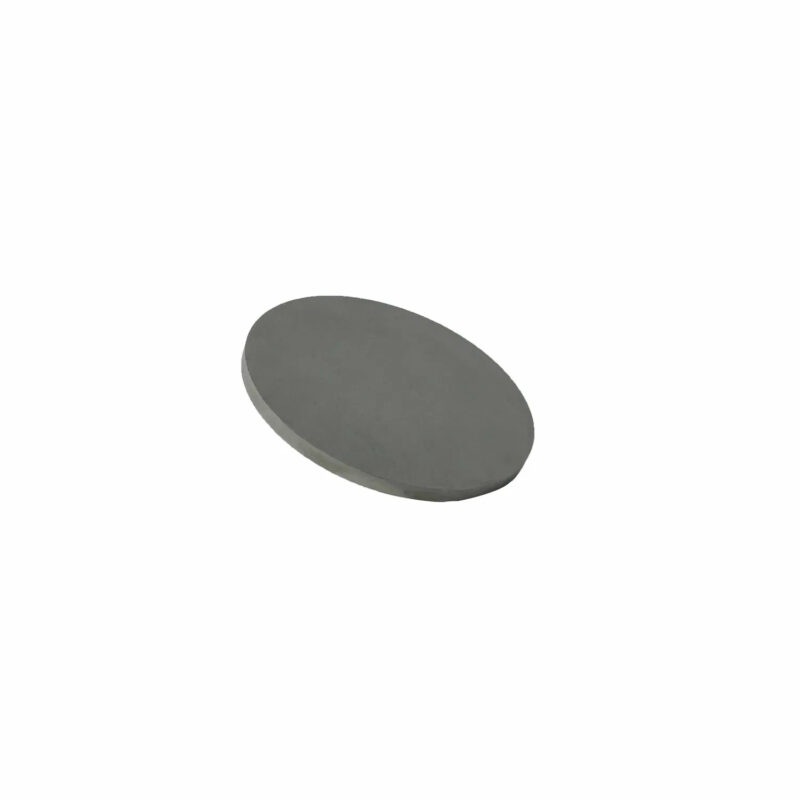
- High Hardness: ZrB₂ is an extremely hard material, making it ideal for wear-resistant and protective coatings.
- Thermal Stability: ZrB₂ sputtering targets produce thin films that can withstand high temperatures, making them suitable for use in harsh environments.
- High Thermal Conductivity: ZrB₂ has excellent thermal conductivity, which is advantageous for heat management in high-performance coatings.
- Chemical Resistance: ZrB₂ thin films are resistant to chemical attack, especially in high-temperature, corrosive environments.
-
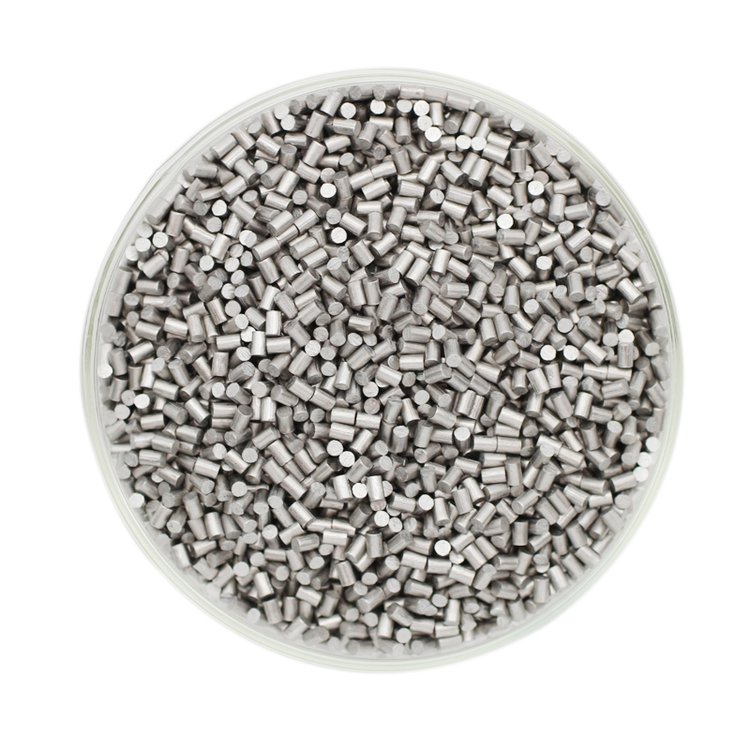
- High Melting Point: ZrC has an extremely high melting point (~3,530°C), making it suitable for high-temperature applications.
- Excellent Hardness and Wear Resistance: It provides outstanding hardness, making it ideal for protective coatings and applications requiring high durability.
- Good Thermal and Electrical Conductivity: ZrC exhibits metallic-like conductivity, which is beneficial for electrical applications and high-heat environments.
- Corrosion and Oxidation Resistance: Highly resistant to chemical attack, corrosion, and oxidation, even in harsh conditions.
- Low Density: Compared to other refractory materials, ZrC has a relatively low density, making it advantageous in aerospace applications where weight is a critical factor.
-
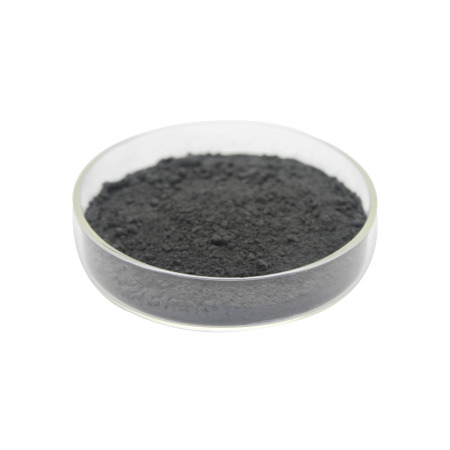
- High Purity: Purity levels of ≥99% ensure reliability in critical applications.
- Thermal Stability: Exceptional resistance to oxidation and thermal shock.
- Superior Hardness: Ideal for cutting and wear-resistant tools.
- High Melting Point: Withstands extreme temperatures (~3540°C).
- Customizable Particle Sizes: Available in nano (<100 nm) and micro (1–50 µm) grades or customized.
-
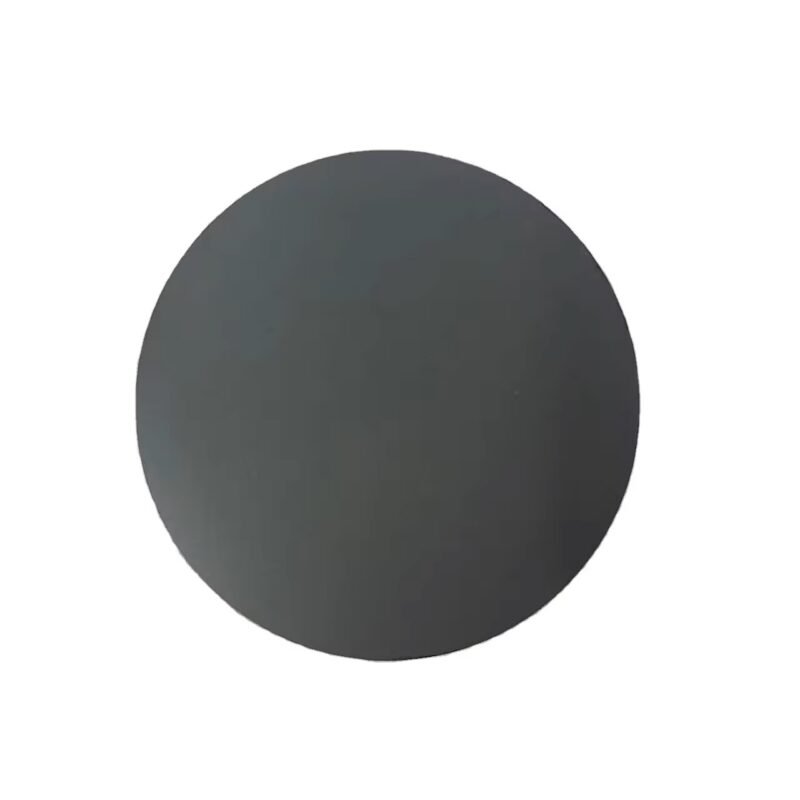
- High Hardness: ZrC is known for its extreme hardness, which contributes to the durability and wear resistance of coatings.
- Excellent Thermal Conductivity: ZrC is highly conductive, making it suitable for thermal management applications.
- High Melting Point: ZrC’s melting point of approximately 3,540°C ensures that it performs well in high-temperature environments.
- Chemical Stability: ZrC films are resistant to oxidation and chemical corrosion, extending the lifespan of coated surfaces.

















